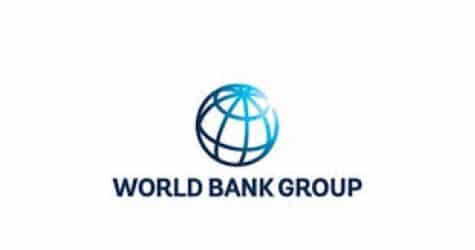The World Bank’s Practice Manager, West and Central Africa Energy, Ashish Khanna has said that the faith of Nigerians in the power sector can only be boosted when there is visible result from the on-going reforms in the country.
During an interactive session with journalists in Abuja, Khanna stated that the challenge of credibility in the sector was not only a Nigerian problem. He said: “People are really struggling on what to believe in the power sector reforms, although Nigeria is not alone.
READ ALSO: SON seizes sub-standard tyres worth N600 million
“What we are seeing internationally is that the trust and credibility often come when there’s a carefully drafted integrated vision for the sector and there are actual delivery of results that people really want to see.”
According to Khanna, the Nigerian power sector recovery plan is now at a crucial stage, with a clearer and integrated vision of what the government needs to do, what the private sector should do and what the regulators need to do.
“This is the critical stage of implementation and we also believe that the initial building blocks of building credibility are there,” he noted.
Speaking on what is being done differently to ensure that the reforms succeed, Khanna stated that no amount of technical work would go through without the political leadership and the government at the highest level, which he said now exists. He added that there’s now the realisation that without enough investment or the right best practices being followed, the reforms will not succeed.
Country Director, Nigeria, Shubham Chaudhuri, noted that lack of sufficient power supply remains one of Nigeria’s top problems which must be resolved to unleash the full potential of Nigerians.
“Power is the most critical challenge for Nigeria to overcome. It is the oxygen for any economically and without it, firms, households and enterprises will struggle to survive.
“If not the most important thing, it’s definitely in the top three things that has kept Nigeria from realising its potential from diversifying its economy and creating jobs for the millions of people,” he stated.
The bank lamented that the country’s power sector has not kept up with demand or provided reliable supply to existing customers, making businesses in Nigeria to lose billions of dollars due to unreliable electricity.
The federal government at the weekend rejected a World Bank’s report, which had indicated that over 78 per cent of electricity consumers in Nigeria received less than 12 hours of electricity supply daily.
The Special Adviser to the President on Infrastructure, Mr. Ahmad Zakari, while disputing the survey, said it was unclear what empirical evidence the bank deployed to arrive at the figures quoted in its report.
The federal government insisted that power distribution to consumers had been steadily improving, even though it had stated that 17 of the 25 generation power plants were down, leading to a deterioration in nationwide supply.

